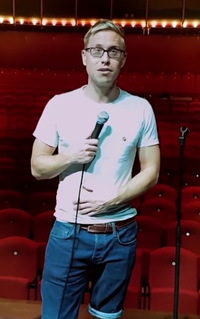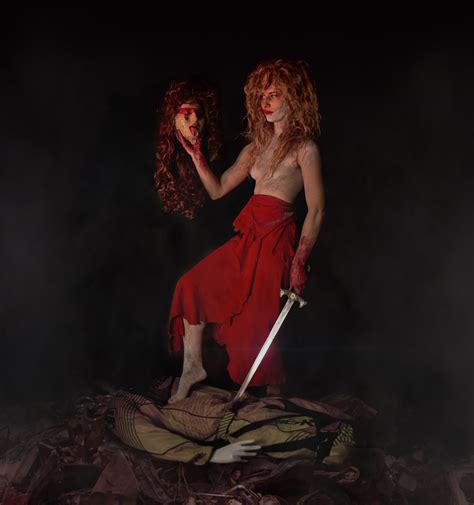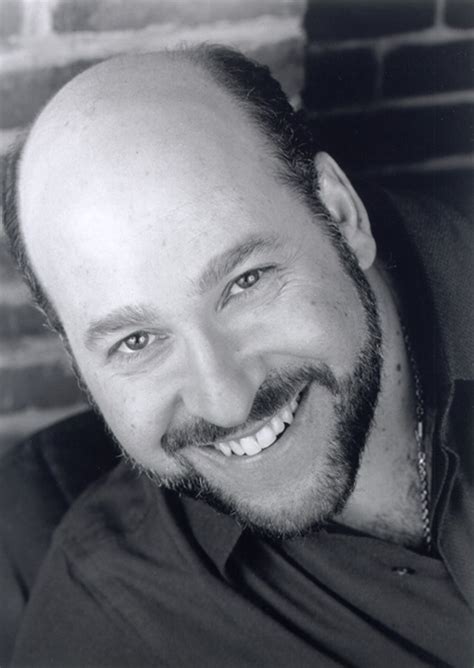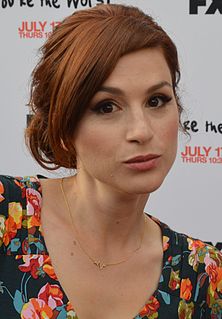A Quote by Scott Adsit
The hardest part about improv is getting the audience to relax and enjoy themselves, because most improv is not very good, and the audience is nervous for the performers the whole time. Not that they don't even like the show, but they feel bad for the performers.
Related Quotes
I think sometimes when people start doing improv there's some regression towards trying to replicate the "good" improvisers that they've read about in their improv books or heard about from their teachers. That's understandable, because they're trying to learn technique and stuff, but I actually think that my favorite performers are ones who have unique improv technique but also have a unique point of view that you can feel with them and their performances.
I love creating characters that are ridiculous and flawed. To me, the most important thing about comedy is the joy it can bring to the performers and the audience alike. I love making people laugh and not over-thinking things. Some of my favorite moments are when I am doing an improv scene with friends, and I can't stop laughing during it.
I think in the inception and creation of the characters, improv was the most important part for me, because I wanted to feel at home in those characters. I wanted to feel like I could commit to them. And so much of improv is saying yes and committing, so I think that's where the improv came in. Even if I'm saying yes to the X across the room from me, or the tennis ball on a stick, I have to stay alive.
I think with improv - and I say it all the time because it's become such a catch thing that you talk about improv - if the scene is well-written, you don't need to improv. But that being said, if something strikes you in the moment and, most importantly, you know where the scene is supposed to go, it's no different than method acting.
When the theater is gothic it matches the sensibility of the show. It's also very intimate. The audience is very close to the performers. The show is scary and the scary stuff always works best with an intimacy with the audience. And the show is erotic, and I think erotic always works best when it's close to the audience, as well.
I have friends who will say, "Oh you gotta come and see our show." And the first thing I say is, "Is it sketch or improv?" I'll go in a minute to see a sketch show. I love sketch; it's my favorite form. But if it's all improv, they're either very good and it's annoying how good they are and it makes you feel bad, or they're not too good then you're sweating for them. And you don't want to sweat for them, see actors repeating each other's lines.



































